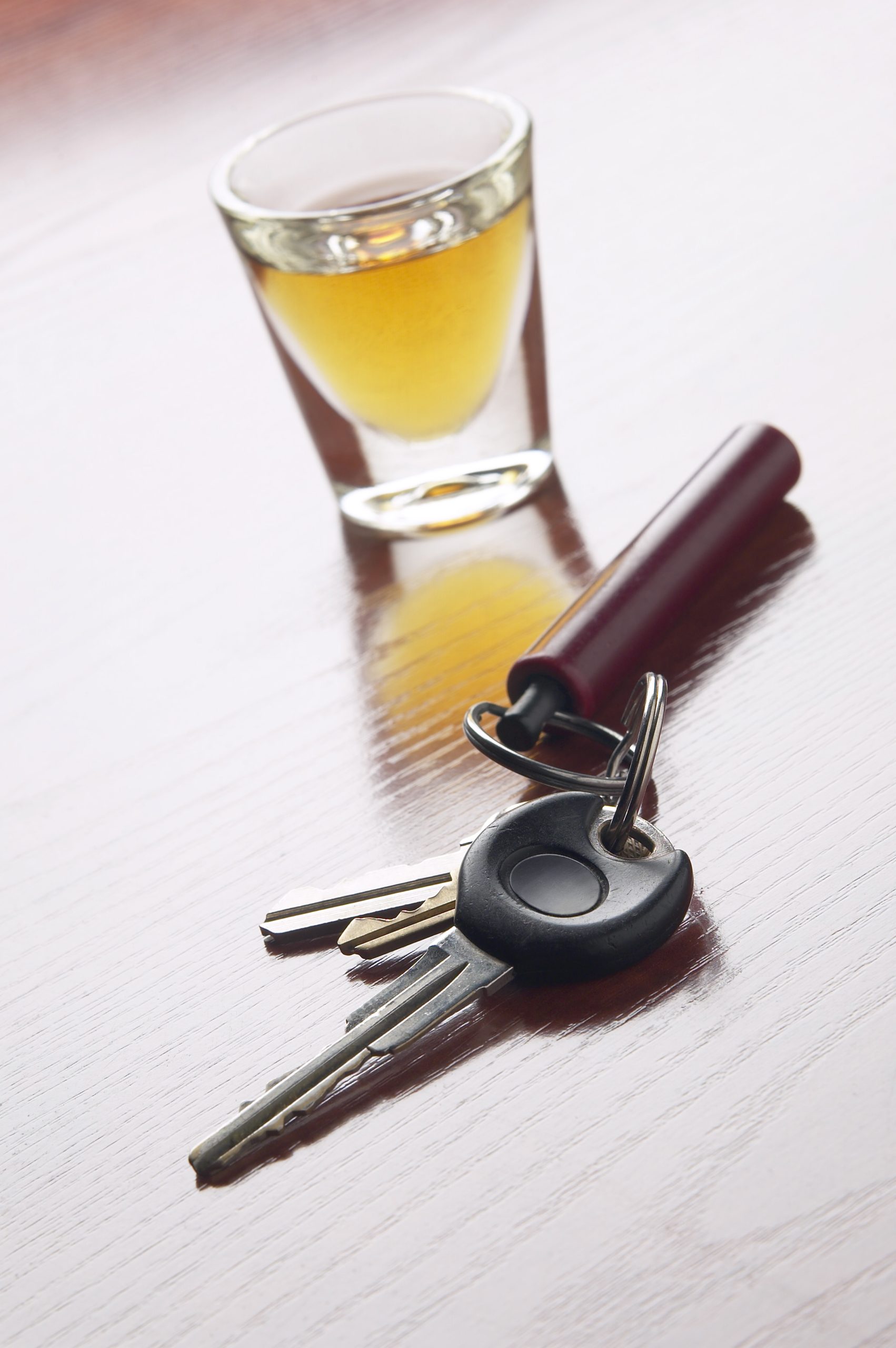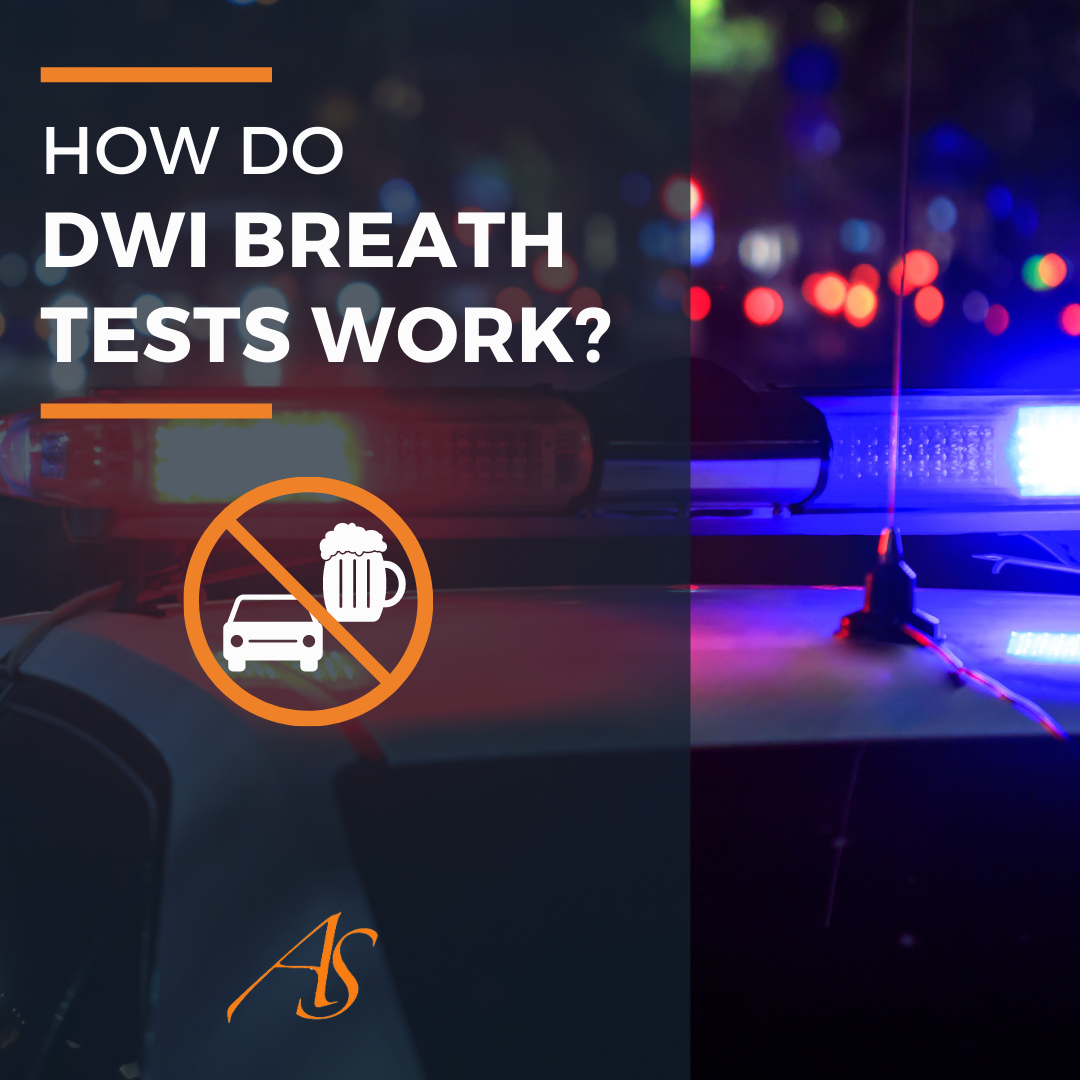Driving while impaired (DWI) is a serious offense. DWI generally refers to driving while under the influence of alcohol, but it can also pertain to drugs. If you are stopped by law enforcement, they will want to assess you for impairment and determine whether you are over the legal drinking limit. The legal limit in North Carolina is 0.08% blood alcohol concentration (BAC). The police will utilize field sobriety tests to evaluate impairment. They will also use breath tests to measure your BAC level.
What is BAC?
BAC, blood alcohol concentration, is a measurement of the amount of alcohol in the bloodstream. BAC is the percentage of alcohol to the amount of blood in the system. The higher the concentration of alcohol, the higher the level of impairment a person is likely to have. Not all people metabolize alcohol at the same rate, and your BAC will depend on the amount of alcohol you consumed, the length of time in which you consumed it, your body weight, your gender, and more. Generally, a BAC of 0.08% or higher is considered impaired. Minors, who are under the legal drinking age, are not allowed to have any alcohol in their system.
Charlotte DWI Lawyer Brad Smith answers the question: “Is there more than one way for police to charge a person with DWI?”
Preliminary Breath Tests
Preliminary breath tests (PBTs) are designed for quick and easy use by law enforcement. PBTs measure the BAC by blowing into the unit. The unit provides an immediate digital readout of the results. The test can be administered at the side of the road as part of other sobriety testing. PBTs are not considered as accurate as breathalyzer tests. PBTs are therefore used simply as a way for law enforcement to make a determination about whether a driver may be impaired. If the test results in a BAC over 0.08%, the driver may be put under arrest for suspicion of DWI.
Breathalyzer Tests
A breathalyzer test is a test that measures the alcohol concentration by taking a sample of exhaled air. The breathalyzer device uses a breath sample to create a specific reaction that will thus measure the amount of alcohol in the bloodstream. Currently, breathalyzer tests have a margin of error of about 0.01%. Generally, breath tests can measure alcohol concentration starting at about 15 minutes after alcohol consumption and may be measurable up to as much as 12 to 18 hours later. The concentration of alcohol depends on many factors, such as the amount of alcohol consumed, the length of time in which you consumed it, your weight, and more.
Fighting DWI
There are some ways you and your attorney can successfully fight DWI charges. If you took a breathalyzer test, your attorney may be able to question certain things about the test and the administration of the test. For example, the breathalyzer unit must be properly calibrated and tested to ensure that it is working properly before use. The person administering the test needs to know the correct way to use it and should have received adequate training to make sure they obtain accurate results. The interpretation of results may also be in question. Just because you had a BAC over 0.08% from a breath test doesn’t mean that you cannot contest the results.
DWI charges are serious, and you could suffer serious consequences if found guilty. Fight DWI charges with help from a highly qualified DWI attorney. Contact us today to get a phone, video, or in-person consultation by calling at (704) 370-2828 to speak with our detail-oriented and well-versed lawyers with offices in Charlotte, Lake Norman, and Monroe, please contact Arnold & Smith, PLLC today or find additional resources here.
The criminal defense attorneys at Arnold & Smith, PLLC make it their mission to zealously defend their clients on a wide range of criminal matters at both the state and federal levels. These matters may include any charge from traffic offenses; DWI/DUI; drug charges (from simple possession to possession with intent to distribute and trafficking); gun permit denials; weapons offenses; and property crimes (larceny, breaking and entering, robbery, fraud, embezzlement, white collar offenses); to sexually related offenses (indecent exposure; sexual assault, crimes against nature, removal from sex offender registry); and violent crimes (domestic violence; assault; manslaughter; homicide, murder). Other legal issues that Arnold & Smith, PLLC criminal clients may face include restraining orders, restraining order and probation violations, expungements; appeals; and immigration issues related to criminal charges. Our criminal defense attorneys are passionate about ensuring that individuals empower themselves by being informed about their constitutional rights and stand at the ready to fight in defense of those facing criminal charges.
Source:
How Breathalyzers Work | HowStuffWorks
Image Credit:
https://www.freeimages.com/photo/liquor-and-car-keys-1891228
See Our Related Video from our YouTube channel:
https://www.youtube.com/user/ArnoldSmithPLLC/videos
See Our Related Blog Posts:
Types of Sobriety Tests
 Charlotte Criminal Lawyer Blog
Charlotte Criminal Lawyer Blog



